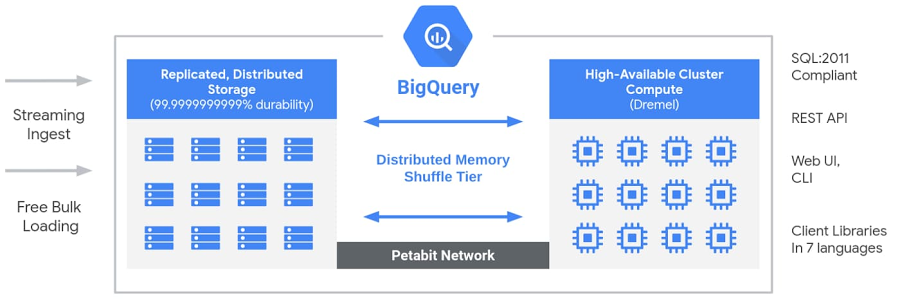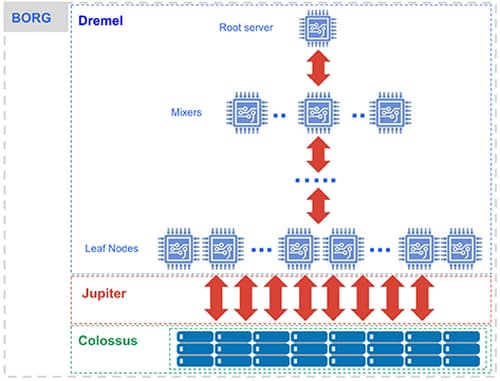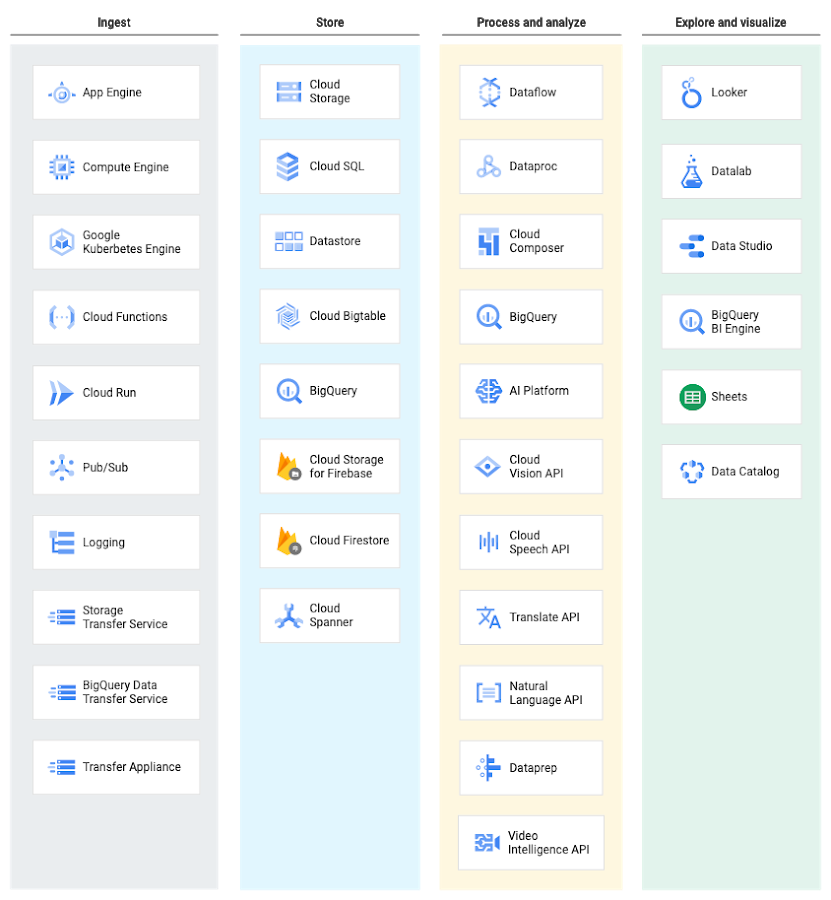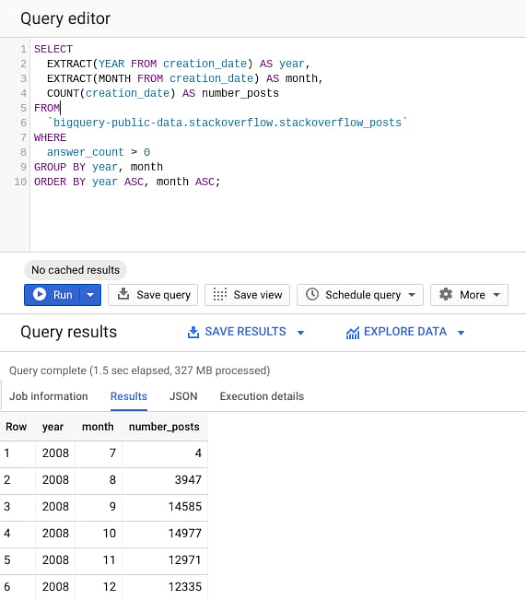
BigQuery is Google's data warehouse built on their Dremel tech. It's serverless, which sounds amazing until you realize "serverless" means "you have zero fucking control when things go sideways."
The basic idea: throw your data at Google, run SQL queries, get results fast. No servers to manage, no clusters to babysit. Sounds perfect, right? Well, it is until you see the bill.
The Good: It's Actually Fast
BigQuery is legitimately fast. I've seen queries that would take 30 minutes in Redshift finish in under 10 seconds. When Google's query optimizer likes you, it's magic. The columnar storage and parallel processing really do work.
But here's the thing - that speed comes at a price. Literally. BigQuery charges per query based on how much data you scan. Forgot a WHERE clause? Congratulations, you just scanned 500TB and owe Google $2,500.
BigQuery uses a columnar storage format with massively parallel processing - think of it as Google throwing thousands of machines at your query simultaneously.
The Ugly: When Things Break, You're Screwed

The BigQuery ML documentation makes machine learning sound easy. And honestly, for basic stuff like linear regression, it's decent. But try anything complex and you'll be exporting to Vertex AI anyway.
Streaming data into BigQuery? Works great in demos. In production, prepare for random failures with error messages like "INTERNAL_ERROR" that tell you absolutely nothing useful. Debug that at 3am.
Real Talk: The Hidden Costs

Here's the cost breakdown that'll ruin your day:
Everyone talks about query costs, but the real gotchas are:
- Storage costs: Your data sits there accumulating charges even when you're not touching it
- Streaming inserts: $0.01 per 200MB, which adds up fast with high-volume data
- Data export: Want your data back? That'll be extra
- Cross-region queries: Accidentally query the wrong region? More money
The BigQuery pricing calculator is useless. Budget at least a grand per month for anything real, and prepare for surprise 8-12K bills when someone runs SELECT * on your biggest table.
When BigQuery Makes Sense
Don't get me wrong - BigQuery has its place. If you need:
- Ad-hoc analytics on huge datasets
- Fast time-to-insight without infrastructure management hassles
- Google Cloud ecosystem integration (BI Engine, Looker, etc.)
- ML on your data without moving it around
- Streaming analytics capabilities
- Public datasets for data enrichment
Then BigQuery is solid. Just set up query cost controls first, use table partitioning, enable query caching, and monitor resource usage daily, or your CFO will murder you.
Bottom line: BigQuery is Google's fastest data warehouse with the highest bill shock potential. Perfect if you need sub-second queries on petabyte datasets and can afford surprise bills. Terrible if you want predictable costs or any control when things break. Choose wisely.

